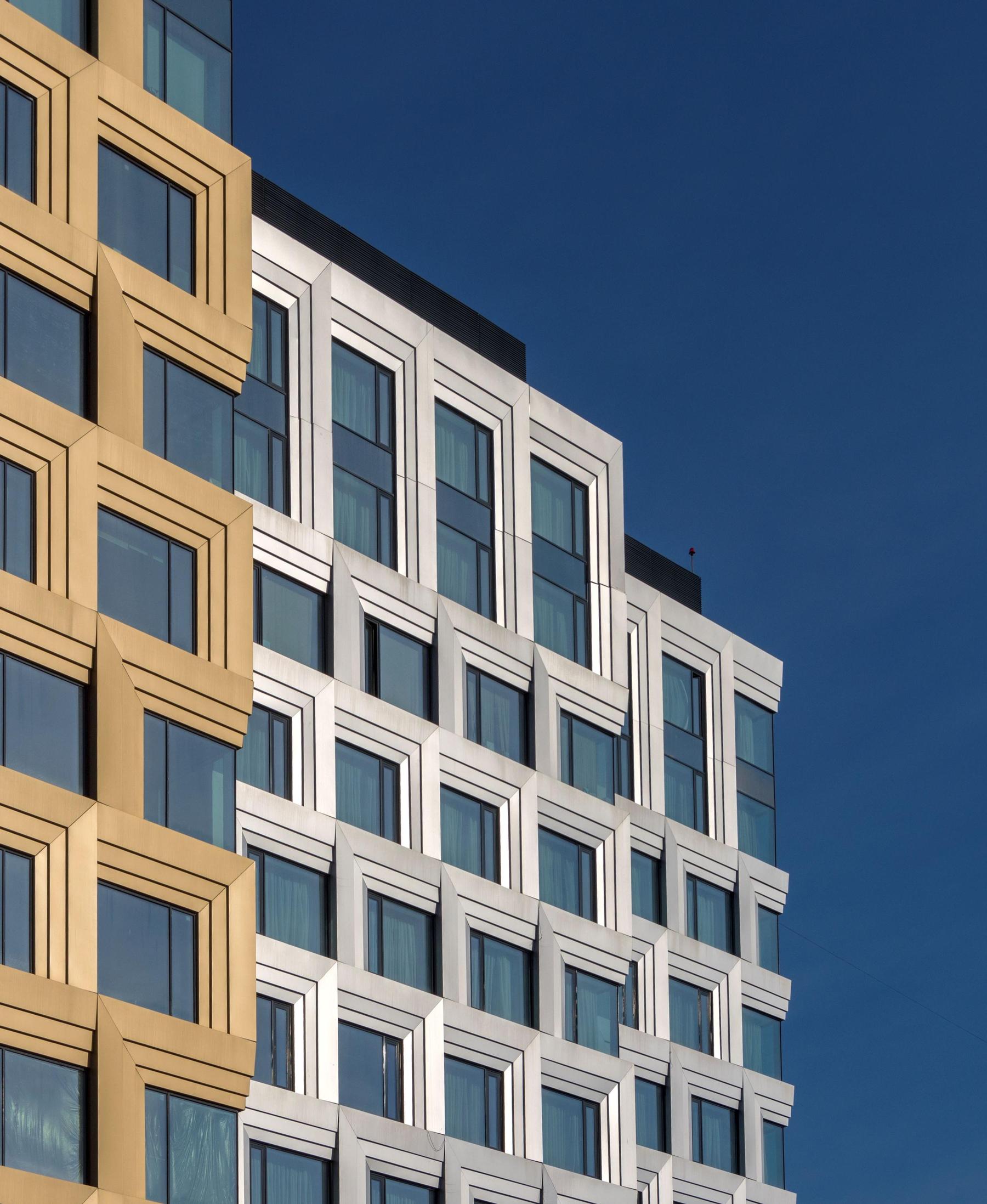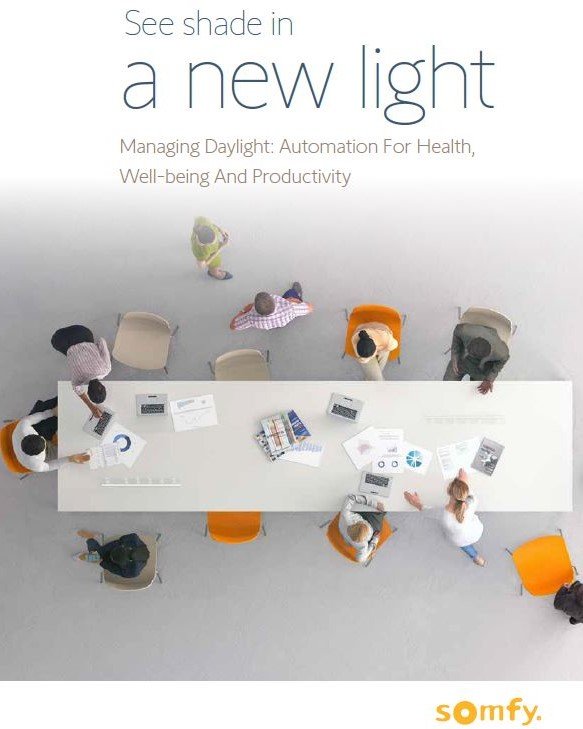How do you ensure the health, well-being and productivity of a building’s occupants whilst also focusing on its energy performance?
Controlling light and heat while preserving natural resources is a fundamental human need - however, the world we live in is changing and we now spend over 90% of our time indoors, so ensuring this essential need is being met through our indoor spaces is vital.
 Austria - Deutsch
Austria - Deutsch Belgium - Nederlands
Belgium - Nederlands Czech Republic - Čeština
Czech Republic - Čeština Denmark - Dansk
Denmark - Dansk France - Français
France - Français Germany - Deutsch
Germany - Deutsch Hungary - Magyar
Hungary - Magyar Italy - Italiano
Italy - Italiano  Netherlands - Nederlands
Netherlands - Nederlands Norway - Norsk
Norway - Norsk Poland - Polish
Poland - Polish Portugal - Portugues
Portugal - Portugues Romania - Română
Romania - Română Russia - Русский
Russia - Русский Spain - Español
Spain - Español Sweden - Swedish
Sweden - Swedish Switzerland - Français
Switzerland - Français Turkey - Turkish
Turkey - Turkish Ukraine - Український
Ukraine - Український United Kingdom - English
United Kingdom - English Bahrain - English
Bahrain - English Egypt - English
Egypt - English Iran - English
Iran - English Jordan - English
Jordan - English Kuwait - English
Kuwait - English Lebanon - English
Lebanon - English Nigeria - English
Nigeria - English Oman - English
Oman - English Qatar - English
Qatar - English Saudi Arabia - English
Saudi Arabia - English South Africa - English
South Africa - English United Arab Emirates - English
United Arab Emirates - English United States - English
United States - English Mexico - Español
Mexico - Español Brazil - Português
Brazil - Português Australia - English
Australia - English New Zealand - English
New Zealand - English China - 中国
China - 中国 Hong Kong - English
Hong Kong - English India - English
India - English Indonesia - English
Indonesia - English Korea - Korean
Korea - Korean Malaysia - English
Malaysia - English Singapore - English
Singapore - English Taiwan - Chinese
Taiwan - Chinese



